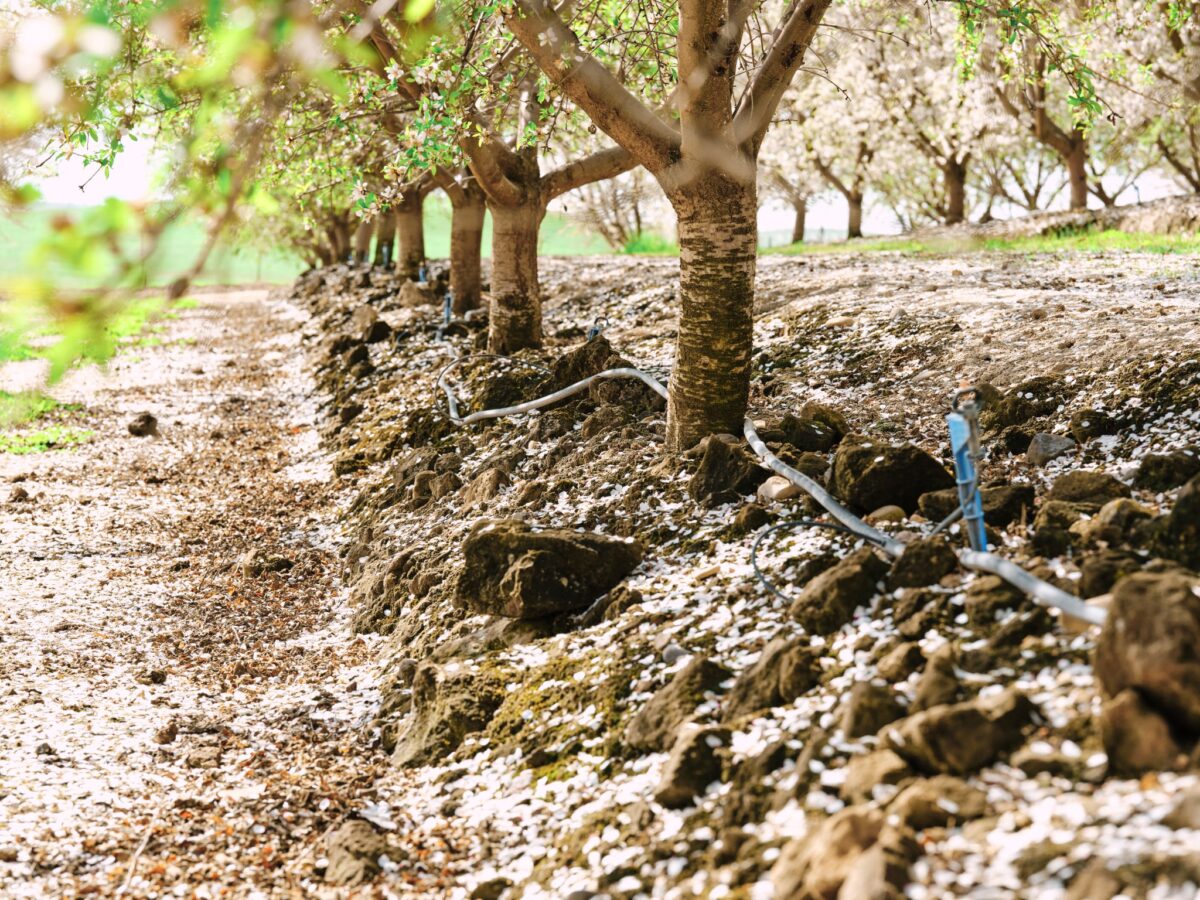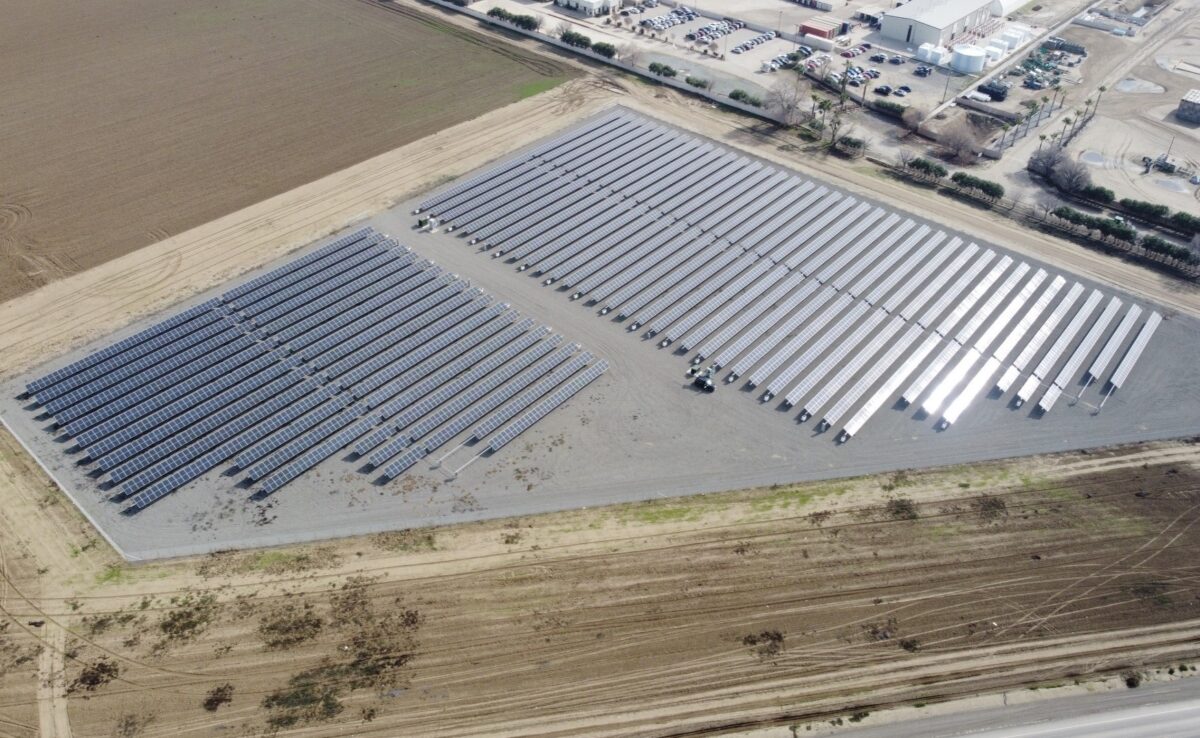Challenges in Multi-Generational Farming
A multi-generational farm also brings its own challenges.
- Succession planning: Essential to keeping your farm within family control, succession planning can help outline the farm’s future and determine how to move forward with the next generation.
- Adapting to changing technology: Agriculture is an innovative industry. Adapting and incorporating industry advancements and research into multi-generational farms can foster an environment that balances traditional values with new, innovative, and sustainable practices.
These challenges are why it’s important to develop strategies for a successful multi-generational farm. These include:
- Establishing clear channels of communication between family members and other business partners
- Emphasizing shared goals and values while farming and during the transition
- Implementing a structured succession plan to specify what will happen at a leader’s retirement or death
- Prioritizing sustainability and innovation
A Brief History of Time (at Harris Woolf Almonds)
We don’t simply advocate multi-generational farming as an idea. Our own products come with a story of family and dedication.
Woolf Farming
Jack Woolf began a lifelong commitment to agriculture following his WWII military retirement. After working at another family farming operation and developing valuable knowledge and experience in the industry, he decided to start his own in 1974. He moved away from the traditional crop rotation of grains, cotton, and melons and looked toward California’s specialty crops — processing tomatoes, pistachios, garlic, and of course, almonds — for their global competitive advantage. And thus, Woolf Farming was born with the goal to prosper through sustainable practices. With ongoing investments in land, water, infrastructure, and processing technology, Woolf Farming has been able to grow while becoming trusted partners to suppliers, employees, and customers throughout the community.
Today, Woolf Farming continues to adopt new technology and farming practices that maximize its product and continue to innovate the agricultural industry. One of the many examples of these strategies is their utilization of effective tracking technologies that reduce the amount of tractor time needed to farm, resulting in higher soil quality and reducing their long-term carbon footprint. They also stand out as pollinator health pioneers with over 200 acres of bee habitat for the year-round conservation of honey bees and pollinators.
Harris Farms
Born from a dedicated farming family with more than a century of experience producing food for the nation, the story of Harris Farms is an inspiring one. Jack Harris and his wife, Teresa, founded Harris Ranch in 1937 on pristine desert land. It quickly earned a name as a purveyor of some of the nation’s finest beef. The ranch also offers a wide range of ventures and attractions including Harris Ranch Inn & Restaurant and a state-of-the-art horse farm that breeds, trains, and races thoroughbred horses.
The Fresno County farm is now one of the largest agribusinesses in the nation and has been able to remain under continuous family operation since 1937. The company is now in the hands of Jack and Teresa’s only son, John Harris, who continues to boost the family’s philosophy and provide the best products, care, and service.
Harris Woolf Almonds
Both the Woolf and Harris families decided to invest in almonds in 1973. Not only are these nuts a valuable crop, but they’re also perfectly suited to California’s climate. In 1989, the two companies realized they could do more for consumers and the Earth by pooling their resources and processing both of their products locally.
Harris Woolf Almonds was born and the rest was history. Not only did we exceed customer expectations of deliciousness and quality, we eventually earned a Kosher certification, expanded into value-added products, and earned a B Corporation™ status.
Today, we offer high-quality ingredients built on our family values and sustainable initiatives.
Supporting Multi-Generational Farming
We’ve built an extensive grower network, many of which include multi-generational, family-valued farms. Our goal is to extend our resources and support to every grower to continue to offer high-quality almond products.
Partnerships with Local Growers
That’s why we partner with local growers in an effort to help them reach their goals. By providing opportunities and resources to other farmers in sustainable multi-generational practices, we can help them create more modern and reliable farming operations.
Sustaining Multi-Generational Farms
Because we know how important it is to our families to run a generational farm, we want to bring that same feeling of satisfaction to the next generation. The key to continuing our legacy and values is sustainability. A few of our many sustainable practices include:
- Soil management: How can we preserve soil fertility, even as we continue to work it year after year? How do we grow an excellent product while caring for the soil’s microbiome and letting it rest appropriately? The key is sharing and adopting innovative solutions to improve soil quality. On top of external resources, HWA’s experience in the market has allowed us to reflect on the best practices for soil management. Woolf Farming, for example, has utilized effective tracking technologies to reduce the amount of tractor time needed to farm, resulting in higher soil quality and reducing our carbon footprint long-term.
- Water conservation: In recent decades, consumers have become very concerned about how much water crops use. While all products require water, there are many steps we can take to reduce waste and stretch resources further. Harris Woolf aims to identify those and share them with others, going well beyond federal government standards. We continuously promote the responsible use of water through flow monitors, drip irrigation (as opposed to water-intensive irrigation systems), and the reutilization of wastewater. We even recapture water used in our almond processing facilities to be reused as irrigation water for our grower’s crops.
- Pollinator health: One of our own goals is to keep our pollinator populations whole and healthy. This is why we support and foster pollinator health by partnering with organizations such as Pollinator Partnership and Xerces Society. One of our founding farms, Woolf Farming is a pollinator health pioneer with over 200 acres of bee habitat for the year-round conservation of honey bees and pollinators.
- CASP: The California Almond Stewardship Platform helps ensure that there is a statewide standard for sustainability in the almond industry. These benchmarks are drawn from the practices of current growers. The state produces 80 percent of the world’s almonds, so it has a lot of data to work with, helping ensure better land management for generations to come. HWA promotes participation in the online system to encourage our growers to be a part of industry advancements and to interact with valuable information and tools.
Supporting Our Community
Outside of supporting and sustaining the farms themselves, we also look to strengthen our communities.
B-Corp™
A Certified B Corporation™ is a for-profit enterprise whose commitments to social justice, sustainability, and transparency have earned it the badge. In a nutshell (no pun intended), B Corps guarantee a balance between profits and purpose. In 2020, HWA was awarded B-Corp status, actualizing our commitment to inclusive, equitable, and regenerative practices!
Encouraging Workforce Diversity
Because of our backgrounds as generational farmer families, we know how important it is to bring those of diverse backgrounds into the picture. Otherwise, land can continue to pass through hands without becoming more inclusive. We encourage and celebrate diversity in our work to foster a positive environment built on our family values.
Giving Back
One of our biggest community projects in 2022, Harris Woolf Almonds committed to giving back by investing $100,000 to improve the accessibility to clean drinking in local rural towns. With the help of Self-Help Enterprises, our investment went toward the development of a brand-new drinking water distribution system for the community of Pond in northwestern Kern County, California.
Our scholarship program is also a big part of our effort to give back to the community and continue Jack Woolf’s legacy. The Jack Woolf Memorial Scholarship Program awards academic scholarships to applicants that are dependents of our HWA employees. In 2022, we awarded over $20,000 to 11 qualified applicants.
Continuing the Legacy!
At Harris Woolf Almonds, we’re proud to be built on our multi-generational platform and continue to grow with sustainability, values, and quality in mind. To learn more about our products, explore our website or reach out today!















